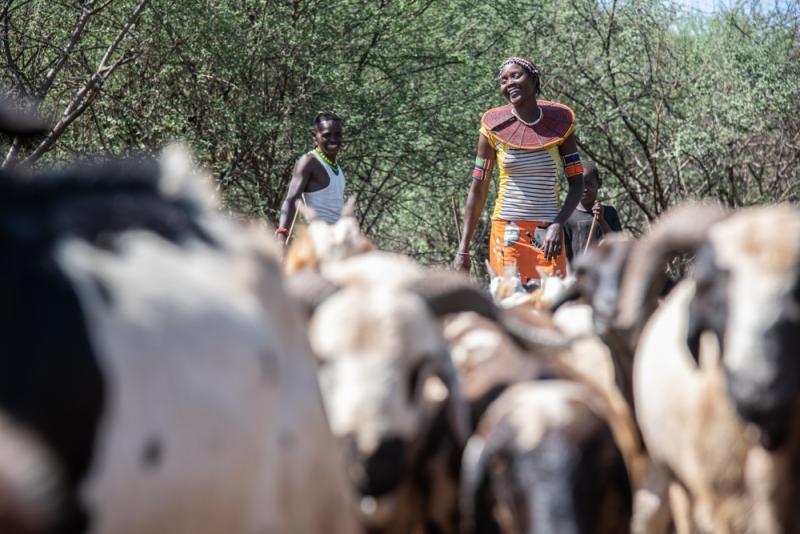Gender transformative approaches in pastoral areas: good practices and recommendations
The brief draws upon interviews and participatory workshops to provide practical recommendations on how to implement GTAs in pastoral areas.
Gender transformative approaches (GTAs) engage with and address deeply embedded structural inequities. While pastoral systems share certain features with other livelihood systems, their unique characteristics require that GTAs are tailored or adapted to address particular perennial challenges. Tailoring GTAs is essential to also ensure that interventions do not unintentionally reproduce inequalities through exclusion.
We reviewed primary and secondary sources to understand GTAs in pastoral contexts in SPARC countries in Africa. The data sources provide insight on the primary foci of GTAs, target groups, impacts, mechanisms used to implement GTAs and, lastly, metrics used to assess impact.
Findings are:
- GTAs must consider how to reach and work with mobile and remote populations with limited access to services.
- Engaging with complex familial arrangements and with customary institutions is critical to embed GTAs in interventions; however, more efforts are needed to enhance pastoralists’ agency in setting the development agenda.
- Also essential are practical guides and metrics to build the capacities of practitioners and policy-makers to work in diverse pastoral settings and develop a better understanding of what works for whom, where, how and why. In turn, this will lead to social change that generates equitable and resilient livelihoods for women, men, girls and boys.
Recommendations are:
- Integrate intersectional approaches early in livelihood programmes.
- Improve inclusive engagement through multigenerational and family-based approaches.
- Bolster the voice and agency of pastoralists in setting pastoral development agendas.
- Improve the documentation of impact, including through innovative approaches to monitoring and evaluation (M&E) for mobile populations.
Don't miss our technical report 'Gender Transformative Approaches: A review of current trends and key issues' here.
